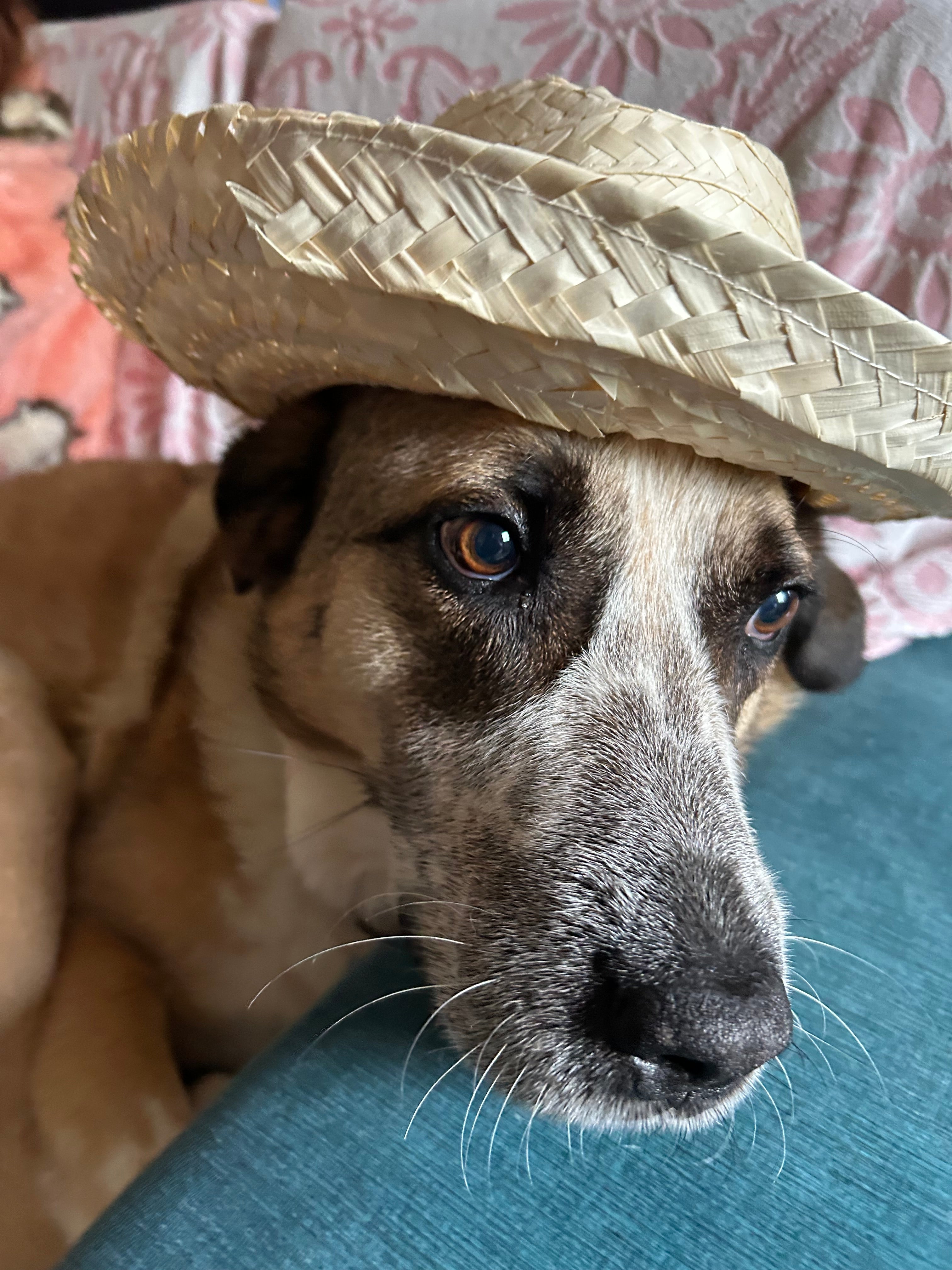Snoring is often a funny quirk associated with our human companions, but it’s not uncommon for dogs to snore as well. If you’ve ever found yourself chuckling at the sound of your dog snoring peacefully on the couch, you might wonder why this happens and whether it’s something to be concerned about. In this blog, we’ll explore the causes of snoring in dogs, when it’s a concern, and how to manage it effectively.
Why Do Dogs Snore?
-
Anatomy: Certain breeds, particularly brachycephalic breeds like Bulldogs, Pugs, and Boxers, are more prone to snoring due to their short noses and flat skull structures. This anatomy can restrict airflow, leading to snoring sounds during sleep.
-
Sleeping Position: Just like humans, dogs have preferred sleeping positions that can affect their breathing. Dogs that sleep on their backs may snore more due to the tongue or soft palate blocking their airway.
-
Obesity: Excess weight can contribute to snoring in dogs. Fat deposits around the neck can put pressure on the airway, making it harder for air to flow freely during sleep.
-
Allergies and Respiratory Issues: Allergies to pollen, dust, or other environmental factors can lead to nasal congestion, causing snoring. Respiratory infections or conditions like asthma can also contribute.
-
Age: Older dogs may snore more frequently due to muscle tone loss and changes in their airway structure.
When to Be Concerned
While snoring is usually harmless, there are times when it can indicate a more serious issue:
- Loud or Persistent Snoring: If your dog’s snoring suddenly becomes loud or disruptive, it could indicate an obstruction or health problem.
- Difficulty Breathing: If your dog shows signs of labored breathing, coughing, or wheezing, it’s essential to consult a veterinarian.
- Changes in Behavior: If your dog becomes lethargic or shows a decrease in appetite, it’s worth a check-up.
Tips for Managing Dog Snoring
-
Weight Management: Ensure your dog maintains a healthy weight through a balanced diet and regular exercise. Weight loss can alleviate some snoring issues.
-
Sleeping Position: Encourage your dog to sleep on their side rather than their back to improve airflow.
-
Allergy Management: If allergies are suspected, consult your vet for potential treatments, such as antihistamines or allergy tests.
-
Regular Vet Check-ups: Routine veterinary visits can help monitor your dog’s health and catch any potential issues early.
-
Comfortable Sleeping Environment: Provide a comfortable, quiet sleeping area with proper bedding to help your dog sleep better.
Conclusion
Snoring in dogs can be a quirky and endearing trait, often linked to breed characteristics, age, and lifestyle factors. While it’s typically harmless, being aware of when it might indicate a health concern is essential. By maintaining your dog’s health and comfort, you can ensure that their snoring remains just a funny quirk rather than a sign of trouble.



Share:
Your Dog doesn’t like to go out? What should you do!
What You Should (and Should Not) Feed Your Pet Tortoise: A Comprehensive Guide